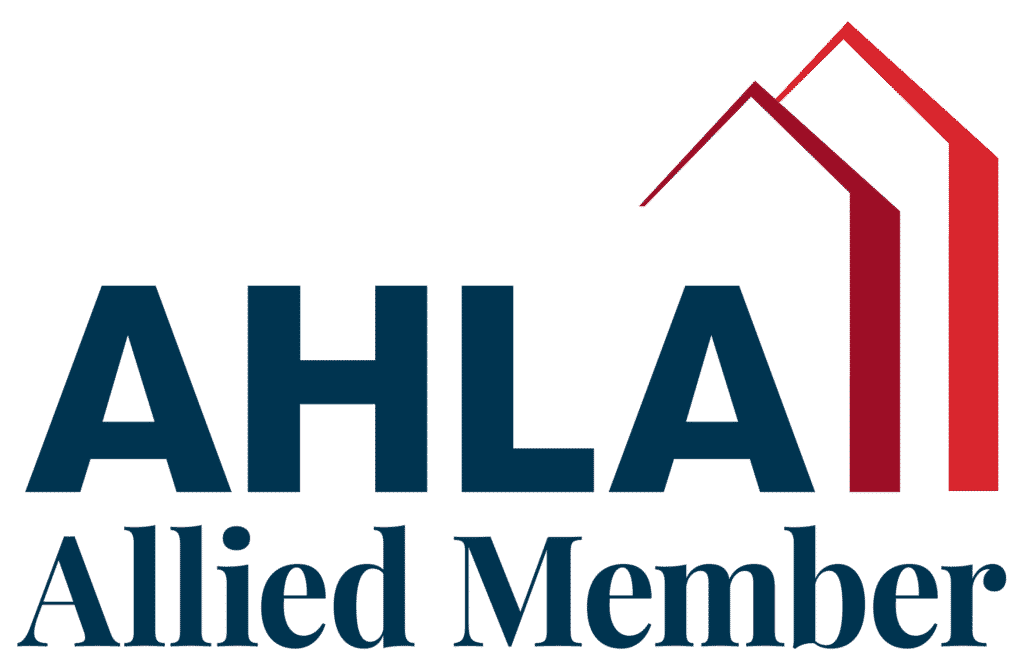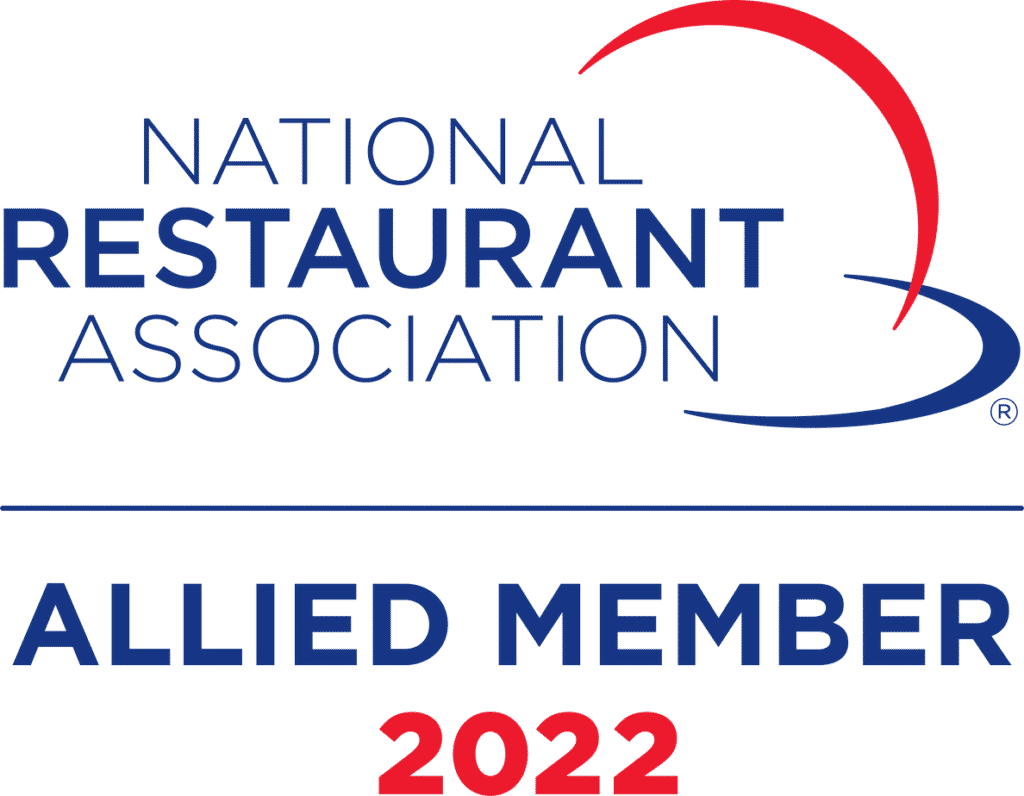Introduction
In hospitality management, the end of a cover letter and resume often receive less attention than the rest of the documents. However, this section is crucial and should not be overlooked. There are two main reasons why the conclusion of a cover letter and resume is important: it serves as a deciding factor for hiring managers and creates a lasting impression.
The Importance of a Summary Statement
Summary statements in cover letters and resumes provide a concise overview of the candidate’s values, passion, and personal traits that make them the perfect fit for the job. It is crucial to avoid ending with a generic summary statement and instead tailor it for each job posting. Consider these tips to make your summary statement stand out:
– Avoid cookie-cutter endings by not copying or rewriting someone else’s summary.
– Check online plagiarism testers to ensure originality.
– Steer clear of common examples found on websites and strive for uniqueness.
Avoiding Intrusive and Demanding Language
The tone of an ending matters greatly. A cover letter that ends with a demanding or intrusive tone can leave a negative impression on the hiring manager. Instead, conclude with a polite invitation to showcase your skills and contributions to the company. Remember to maintain a respectful and professional tone throughout.
Being More Company-Focused
Ensure that your cover letter does not come across as egocentric. Instead, emphasize what you can offer and the problems you can solve for the company. Ask yourself if your cover letter highlights how you can benefit the company rather than just focusing on what you will gain from the job.
Reading Between the Lines
Cover letters are an opportunity to convey your passion and enthusiasm for the role. When others read your cover letter, do they feel your frustration or genuine interest? Avoid sounding like you hastily wrote the cover letter out of necessity and instead aim to leave a lasting impact that showcases your passion for the industry and the position.
Using Strong Language
Avoid using weak language such as “I feel” or “I believe.” Instead, use stronger and more confident language to highlight your qualifications. Keep your statements short and straightforward, focusing on the impact your background and experience have on the role.
Incorporating Keywords
Identify keywords from the job posting and incorporate them into your cover letter and resume. These keywords catch the hiring manager’s attention and demonstrate that you understand the specific requirements of the position. By using relevant keywords, you stand out among other candidates and increase the chances of getting your resume noticed.
The Power of a Positive Final Word
Do not end your resume with the traditional “Professional References upon Request” line. Instead, use the conclusion to create a link between you and the potential employer. This leaves a positive impression, demonstrating your professionalism and enthusiasm for the position.
Conclusion
In conclusion, the end of a cover letter and resume should not be underestimated. It can be the deciding factor for hiring managers and leaves a lasting impression. By avoiding common mistakes, tailoring your summary statement, maintaining a company-focused approach, and using strong language and keywords, you can create a powerful conclusion that sets you apart from other candidates in the hospitality management field.





